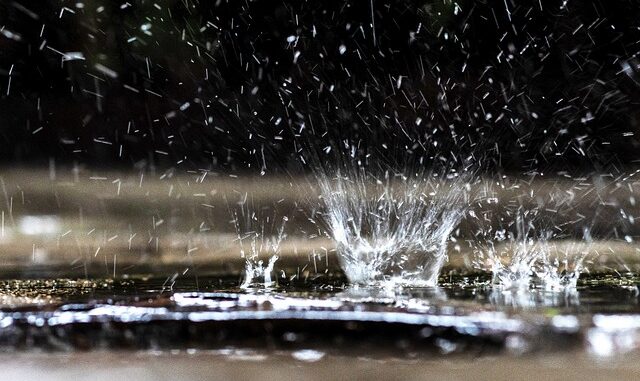
Green Councillor Kevin Pressland is a passionate campaigner for nature and the natural environment. His understanding of the threats faced by the natural world is based on expertise gained from a 40-year career in horticulture, garden design and sustainable land management:
Since the millennium river/sea pollution in the UK including Thanet has been increasing. Sewage spills into England’s rivers and seas by water companies more than doubled last year. According to the Environment Agency there were 3.6 million hours of spills compared to 1.75 million hours in 2022.
The great stink which eventually pushed politicians to act only when it affected Parliament in London in 1858 eventually forced them to act. Politicians commissioned Bazalgette to create a sophisticated sewage system. This took 9 years digging up London to create 6 ‘interceptor’ sewers, which were around 100 miles long altogether. Another 450 miles of sewer fed into them. We need a much more proactive approach throughout the UK now.
Water is a resource for all species, intrinsic for all life and should not be a money tree for any companies and their shareholders. Nationalisation and massive investment with strong oversight must be implemented now. This is a serious matter and should not be kicked down the road. Saying ‘this will be addressed by 2030’ is not good enough.
Water companies claim they want to address this issue and keep saying more water is coming into the system because of flash floods. https://www.homebuilding.co.uk/advice/surface-water-drainage-regulations-UK.
Why then do we not have mandatory rainwater catchment systems on all new builds? These rainwater catchment systems would actually reduce over 50% of a household’s water requirement, this has been proven. Also, larger volume rainwater catchment systems should be mandatory on all commercial enterprises with bigger volume capacity tanks installed.
On other larger light industrial sites these could include soft engineering for example ponds, wetlands, suds and swales etc depending on topography, these would both reduce run off but create diverse habitats at the same time whilst improving the quality of the work environment. https://www.grafuk.co.uk/are-rainwater-harvesting-systems-worth-it/ and https://www.construction.co.uk/c/514342/rewatec-uk-rainwater
Whilst suds (sustainable drainage systems) and some other soft engineering projects have been implemented these are far short of what is needed. Also, implosion systems could be used, for example https://sheepdrove.com/reed-bed/ These systems work to engender vitality and life-giving energy into the water and can improve crop productivity.
This needs government action to force water companies to pay for these rainwater catchment systems on all new builds, whether houses, commercial enterprises or new extensions, so the cost is not incurred by the developer or house or commercial property purchaser or owner of agreed new house extensions. This would also reduce long term costs for property purchasers. The rainwater tank system construction costs should be paid by water company taxes accrued by the treasury or additional fees mandatorily forced by government on water companies to comply with.
Whoever wins the next election I hope they will take this approach. I think the current government are missing a trick here if they do not do this now, I think politically it would have advantageous results. Think of the boost to the economy of new jobs including jobs in manufacturing rainwater catchment systems and installers, and the other multiplicity of benefits that could be accrued by the consumer in lower water bills long term and also the environment in helping towards safeguarding river life, sea and the environment as a whole. This is in all our interests to do, surely? The returns to shareholders and private companies should not trump the interests of the public.
Water companies would kick against this approach as rainwater catchment systems will eventually affect their profits, but are these profits more important than the environment and reducing customers water bills?
Turkey and Tama Nadu in India have implemented mandatory regulations for rainwater catchment systems on all new builds. Germany is currently the largest market for rainwater catchment systems in Europe and its neighbours are catching up slowly, including France. The trend is clearly rising as many EU countries are increasingly impacted by rainwater issues.

